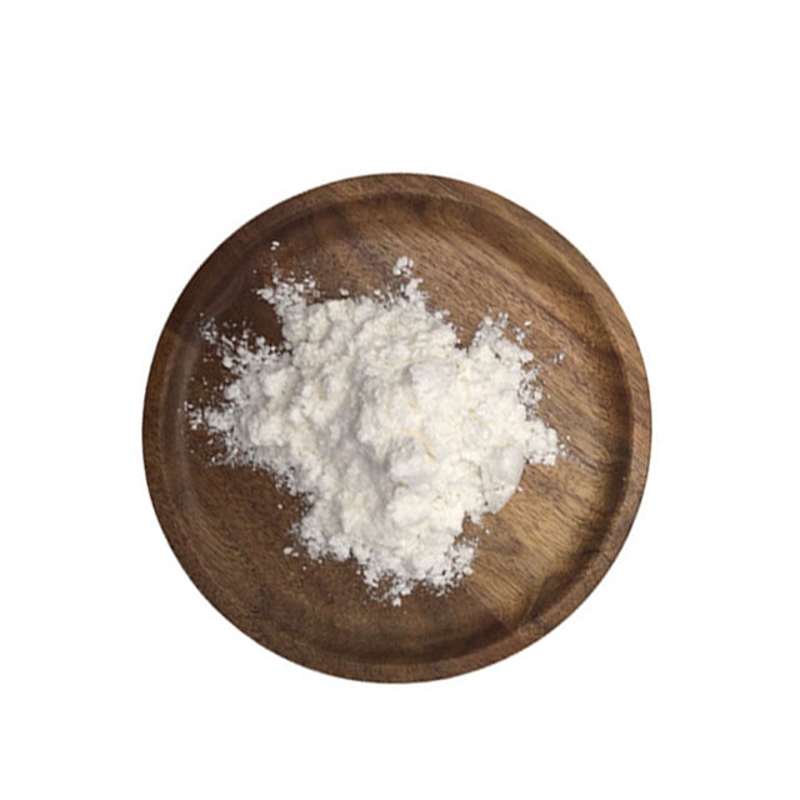-
Categories
-
Pharmaceutical Intermediates
-
Active Pharmaceutical Ingredients
-
Food Additives
- Industrial Coatings
- Agrochemicals
- Dyes and Pigments
- Surfactant
- Flavors and Fragrances
- Chemical Reagents
- Catalyst and Auxiliary
- Natural Products
- Inorganic Chemistry
-
Organic Chemistry
-
Biochemical Engineering
- Analytical Chemistry
- Cosmetic Ingredient
-
Pharmaceutical Intermediates
Promotion
ECHEMI Mall
Wholesale
Weekly Price
Exhibition
News
-
Trade Service
Opioids are commonly used to treat moderate to severe pain, but their adverse reactions may affect the clinical use of some patients.
only by correctly understanding the adverse reactions of opioids can we safely and reasonably apply such drugs and play their maximum therapeutic role.
the United States, long-term opioid use is a recognized public health problem, and there is little information on the effectiveness of selective colorectal cancer surgery and preoperative use of opioids.
study aims to investigate whether long-term use of opioids before colorectal surgery is associated with harmful postoperative outcomes.
researchers conducted retrospective studies of all patients who underwent selected colorectal surgery over a three-year period (2011-2014).
The use of opioids is layered based on the total dose of morphine mg of the same amount (unused, sporadic use (-gt; 0-15 mg/day), conventional use (?gt; 15-45 mg/day) and frequent use (?gt; 45 mg/day).
observations were infection at the surgical site, length of hospitalization and re-admission.
results showed that 23 percent of the 923 patients (n s 213) had used opioids before surgery.
preoperative opioid group included more women (p s 0.047), had more open surgery (p s 0.003), had more non-malignant adaptive disorders (p s 0.013), and had a higher ASA classification (p s 0.003).
although the medium length of hospital stay was longer (4.7 days vs 4.0, p .lt;0.001), there was no difference between surgical site infections (10.3% vs. 7.1%, p s 0.123) or re-admission (14.2% vs 14.1%, p s 0.954).
multivariative analysis showed that preoperative use of opioids (OR:17.0%; 95% of CI, 6.8% to 28.2%) and ASA 3 or 4 (OR:27.2%; 95% of CI, 17.1 to 38.3) was associated with an increase in hospital stays.
the use of opioids before surgery was not associated with an increase in infection or re-admission to the surgical site, but not an increase in hospital stays, the researchers concluded.
.







